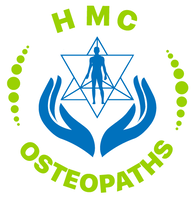|
By Angus Nichol Over the past couple of years, it has been impossible to escape the all-encompassing pandemic we’re currently living through. There has been a lot of emphasis placed in the media about the importance of vaccination to protect us against coronavirus, but there has been limited information given about how we can support our body’s immune system to give us the best chance of fighting it off… well, any type of infection. This may be particularly important as restrictions start easing and the promise of national and international travel (for people and the viruses they carry) becomes more realistic. The lymphatic system can be thought of as the body’s “sewerage system”, and it plays an important role in enhancing and facilitating the function of the immune system, as well as other important roles in maintaining fluid balance and aiding the absorption of dietary fats for metabolism and storage. However, this blog will focus on the lymphatics system role in immunity, how osteopaths and other health professionals can support your lymphatic and immune health, and other ways that you can keep your lymphatic (and immune) system strong enough to fight off whatever potential invaders life throws at us! So… what is the lymphatic system? The lymphatic system is a division of the body’s circulatory system that is separate, but also closely related to the vascular system. It consists of a network of lymphatic vessels and nodes, as well as various organs that have specialised functions. The lymphatic system helps protect the body against infection by producing white blood cells called lymphocytes, which help the body fight off disease-causing microorganisms. The organs and tissues of the lymphatic system serve as major sites of production, differentiation, and proliferation of two types of lymphocytes—the T lymphocytes and B lymphocytes (aka T and B cells). Although lymphocytes are distributed throughout the body, it is within the lymphatic system that they are most likely to encounter foreign microorganisms. Here are some of the major components: 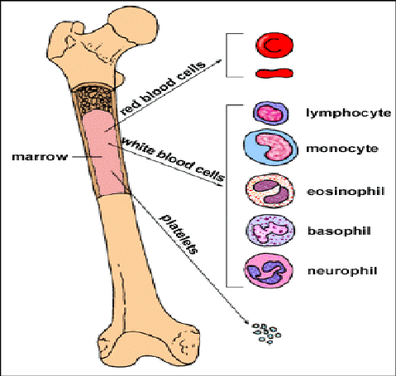 Bone marrow - The bone marrow it’s the soft, squishy substance inside the hard outer casing of the bone. All lymphocytes derive from stem cells in the bone marrow. Stem cells destined to become B lymphocytes remain in the bone marrow as they mature, while prospective T cells migrate to the thymus to undergo further growth. 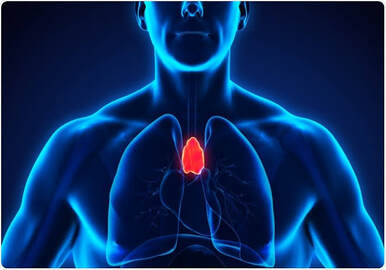 Thymus - Your thymus sits in the upper part of your chest ,just behind your sternum and in front of the heart. This is where T lymphocytes (T cells) proliferate, differentiate and mature. 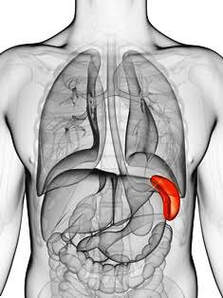 Spleen - The spleen sits behind your lower ribs on the left side. One of it’s main functions is that it acts as an interface between the vascular and lymphatic system, bringing blood into contact with lymphocytes. Both blood and lymph (lymphatic fluid) contain specialised cells that aim to identify, destroy and remove disease-causing microorganisms. 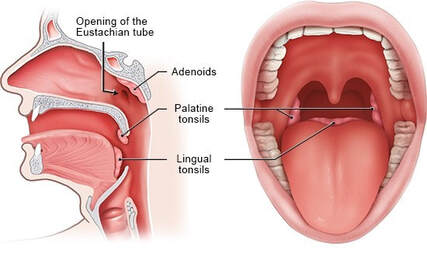 Tonsils - Humans have three sets of tonsils. The tonsils at the back of our throat that we think of are known as palatine tonsils, however we also have adenoids and lingual tonsils. These act as security guards to ward off any nasty foreign intruders trying to enter the body through the mouth and nose. They also contain B and T cells used to fight infection. 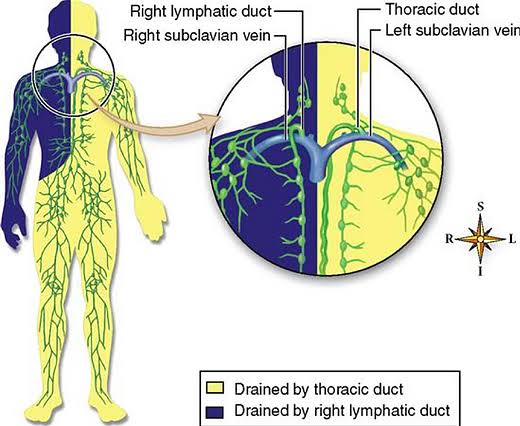 Lymph nodes - The lymph nodes, or lymph glands, are small, encapsulated bean-shaped structures composed of lymphatic tissue. Thousands of lymph nodes are found throughout the body along the lymphatic routes, and they are especially prevalent in areas around the armpits (axillary nodes), groin (inguinal nodes), neck (cervical nodes), and knees (popliteal nodes). Lymphatic vessels - The lymphatic vessels connect all the lymphatic organs to form the plumbing or sewerage network in your body. They transport fluid away from tissues and are similar to blood vessels, but they don't carry blood. The fluid transported by lymphatic vessels is called lymph. Lymph is a clear fluid that comes from blood plasma that exits blood vessels at capillary beds.This fluid becomes the interstitial fluid that surrounds cells. Lymph vessels collect and filter this fluid before directing it toward blood vessels near the heart. It is here that lymph re-enters blood circulation. Lymphatic vessels from various regions of the body merge to form larger vessels called lymphatic trunks. The major lymphatic trunks are the jugular, subclavian, bronchomediastinal, lumbar, and intestinal trunks. Each trunk is named for the region in which they drain lymph. Lymphatic trunks merge to form two larger lymphatic ducts.  How can your Osteopath help? So, now we know what the lymphatic system is and how it works… but how can your local osteopath treat the lymphatic system, and aid your immune system? I’m glad you asked. Two of the main principles of osteopathy is that structure governs function, and that the body works as a unit. Lymphatic vessels may be squished by overlying musculoskeletal structures such as tight muscles and fascia (connective tissue), much like standing on or running over a garden hose. Furthermore, stiff joints may may cause kinks in these internal hoses and reduce our mobility, thus restricting the flow of lymph through our sewerage system. Osteopaths can assess where there might be be lymphatic blockages present. We can then use a variety of soft tissue/massage, joint articulation and other movement based techniques to relieve the pressure on lymphatic vessels and clear the blockages in our plumbing system. This will encourage the free flow of lymphatic fluid, thus increasing the circulation of all those disease-fighting cells around the body. Furthermore, osteopaths may also manipulate the connective tissues surrounding organs (for example, the spleen or tonsils) to encourage optimal function of these organs. Pretty cool, huh? But guess what… there’s plenty of other health professionals who can help in treating the lymphatic and immune systems. GPs are the gatekeepers of serious disease, and they may prescribe you with medications or send you off to a specialist specific to your immune condition. Naturopaths, Traditional Chinese Medicine (TCM), Acupuncture and Kinesiologists can be invaluable alternative therapies that may help you to assess vitamin/nutrient deficiencies and prescribe natural alternatives to pharmaceuticals and/or supplements to help boost your immune system for prevention and treatment of immune conditions. Even though there are plenty of professionals out there who can help, in the end it’s YOUR body and YOUR immune system… and guess what, there are some simple and effective ways to optimise your own immune and lymphatic health. Vaccination isn’t the only way to fight disease. Let's start with the simple things that you may already be practicing in your everyday routine...
This seems like a lot, but each thing you do has an additive effect in enhancing your immune system health and overall wellbeing. So, start with something small and try to make it a habit, and then add more good habits over time! 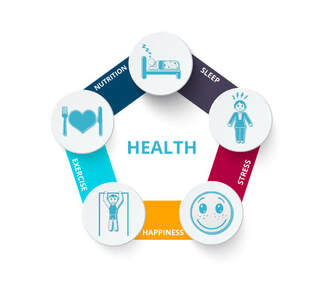 Do you want to know a few more specific ways to promote your lymphatic function…? I got you! Swimming, yoga, dancing and trampoline all use gentle (and sometimes less gentle) full body movements that can help release tension in your muscles and fascia, improve joint mobility and encourage lymphatic flow through your body. Furthermore, regular breathwork (see my previous breathwork blog for beginners) can help the body’s primary pump (well… maybe after the heart) to get you up and moving. Furthermore, there are a wide variety of supplements that are available to help support the immune system. You should always speak to your doctor or health professional before starting on supplements as they may interact with certain medications, can be toxic to the body in large quantities and/or may not be suitable for you for various reasons. Here, I will focus on three supplements which may help support the body’s immune response to coronavirus. Vitamin C - An antioxidant and free radical scavenger that has anti-inflammatory properties, helps strengthen blood vessels and influences cellular immunity that may help to protect against infection. Good dietary sources of Vit C include broccoli, capsicum, potatoes, tomatoes, citrus fruits and many more! Vitamin D - Vitamin D has been theorised to be a protective against coronavirus. One study found that regular Vit D supplementation was associated with 34% less chance of COVID-19 infection. Sun exposure helps your body to naturally create Vitamin D, so spend a bit of time (but not too much) soaking up some rays. Zinc - Zinc may help prevent COVID-19 from entering the body through three complex mechanisms; it may also directly prevent the ability of the virus to replicate; and also helps to balance out the immune system’s reaction to coronavirus. So, whether you’re trying to avoid COVID-19 infection, trying to prevent side-effects after vaccination or boosters, or just want to support you general well-being… visit your local osteopath or other healthcare practitioner and ask how they can help you to support your own immune and lymphatic systems! Stay healthy and stay happy!
0 Comments
Leave a Reply. |
HMC TEAMIf you find something of interest that might suit this space, or would like information on a specific topic, let us know at [email protected]
Archives
December 2023
Categories |
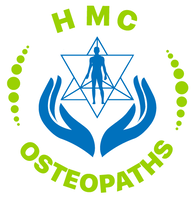
 RSS Feed
RSS Feed
